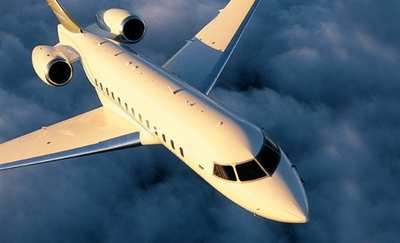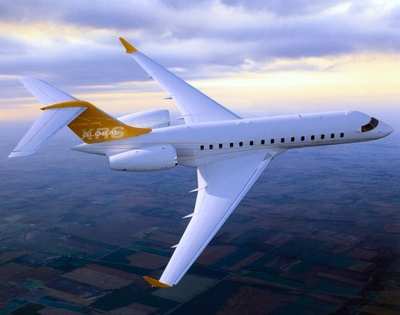Wed, Jun 02, 2021
AD 2021-10-22 Requires Modification Of The Fuel Pipe Bracket Assembly
The FAA is adopting a new airworthiness directive (AD) for certain Bombardier, Inc., Model BD-700-1A10 airplanes.

This AD was prompted by a report indicating that during installation, a fuel pipe bracket assembly on the intermediate rib in the center fuel tank was mislocated, resulting in an offset between the fitting assembly and the refuel/defuel tube assembly. This AD requires modification of the fuel pipe bracket assembly, including all related investigative actions and corrective actions, if necessary; and performing an operational test of the refuel and defuel system. The FAA is issuing this AD to address the unsafe condition on these products. This AD is effective July 6, 2021.
Supplementary Information: Transport Canada Civil Aviation (TCCA), which is the aviation authority for Canada, has issued TCCA AD CF-2020-37, dated October 9, 2020 (also referred to as the Mandatory Continuing Airworthiness Information, or the MCAI), to correct an unsafe condition for certain Bombardier, Inc., Model BD-700-1A10 airplanes. You may examine the MCAI in the AD docket on the internet at https://www.regulations.gov by searching for and locating Docket No. FAA-2021-0030.

The FAA issued a notice of proposed rulemaking (NPRM) to amend 14 CFR part 39 by adding an AD that would apply to certain Bombardier, Inc., Model BD-700-1A10 airplanes. The NPRM published in the Federal Register on February 24, 2021 (86 FR 11191). The NPRM was prompted by a report indicating that during installation, a fuel pipe bracket assembly on the intermediate rib in the center fuel tank was mislocated, resulting in an offset between the fitting assembly and the refuel/defuel tube assembly. The NPRM proposed to require modification of the fuel pipe bracket assembly, including all related investigative actions and corrective actions, if necessary; and performing an operational test of the refuel and defuel system. The FAA is issuing this AD to address the offset, which could cause a preload on the fuel pipes and reduce their ability to absorb shock or vibration-induced loads, making the tube and clamp more prone to stress corrosion cracking. This could lead to failure of the coupling and the
bracket and p-clamp assembly, resulting in fuel leakage and loss of electrical bonding between fuel pipes, and lightning-induced sparking that could induce fuel ignition. See the MCAI for additional background information.
More News
“We respectfully call on the City of Mesa to: 1. Withdraw the landing fee proposal immediately 2. Engage with the aviation community before making decisions that impact safet>[...]
High Speed Taxiway A long radius taxiway designed and provided with lighting or marking to define the path of aircraft, traveling at high speed (up to 60 knots), from the runway ce>[...]
Aero Linx: International Federation of Airworthiness (IFA) IFA uniquely combines together all those with responsibility for policies, principles and practices concerned with the co>[...]
Controller’s Expectation That VW02 Would Have Departed Sooner Led To An Inadequate Scan And Loss Of Situational Awareness Analysis: A Robinson R-44 helicopter N744AF, VW02 (V>[...]
A Few Questions AND Answers To Help You Get MORE Out of ANN! 1) I forgot my password. How do I find it? 1) Easy... click here and give us your e-mail address--we'll send it to you >[...]
 Aero-News: Quote of the Day (12.09.25)
Aero-News: Quote of the Day (12.09.25) ANN's Daily Aero-Term (12.09.25): High Speed Taxiway
ANN's Daily Aero-Term (12.09.25): High Speed Taxiway ANN's Daily Aero-Linx (12.09.25)
ANN's Daily Aero-Linx (12.09.25) NTSB Final Report: Diamond Aircraft Ind Inc DA20C1 (A1); Robinson Helicopter R44
NTSB Final Report: Diamond Aircraft Ind Inc DA20C1 (A1); Robinson Helicopter R44 ANN FAQ: Q&A 101
ANN FAQ: Q&A 101




